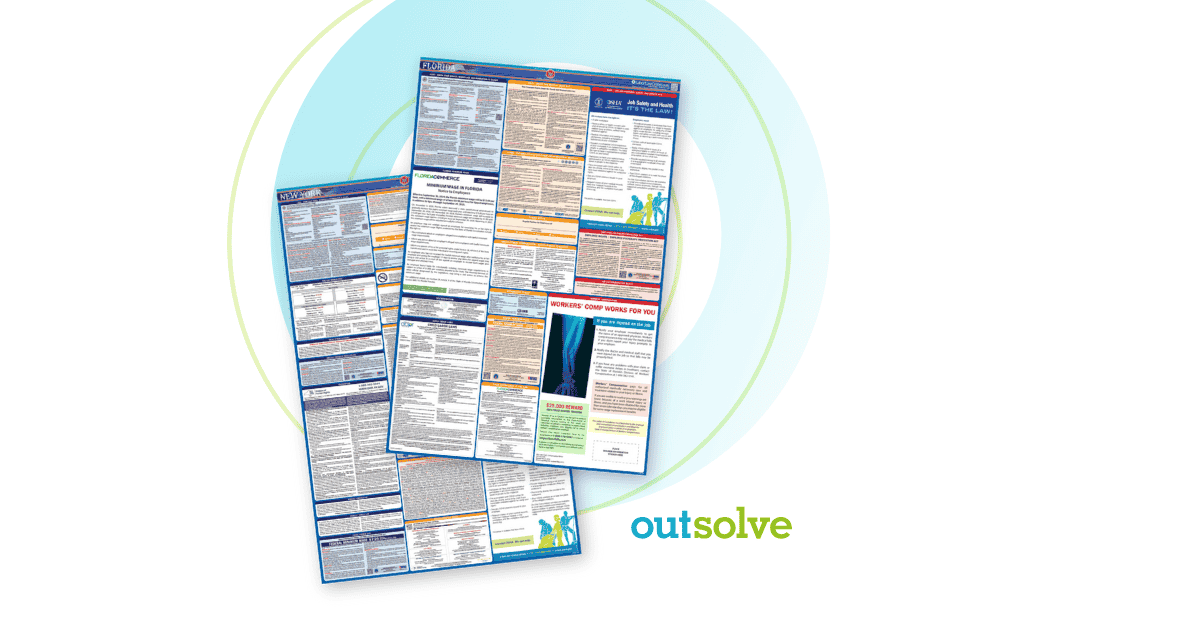1 min read
Illinois Pay Transparency Law Changes Effective in 2025: What You Need to Know
 Desiree Throckmorton, SPHR
:
Nov 22, 2024 1:56:40 PM
Desiree Throckmorton, SPHR
:
Nov 22, 2024 1:56:40 PM

Starting January 1, 2025, Illinois will require enhanced pay transparency requirements. These changes align Illinois with a growing trend across the U.S. aimed at promoting pay transparency in hiring practices. Here's a breakdown of what this means for employers.
Key Requirements of the Illinois Pay Transparency Law
Salary and Benefits Disclosure in Job Postings- Employers with 15 or more employees must include a "good faith" pay scale or salary range, along with a general description of benefits in all job advertisements. This requirement applies to:
- Jobs physically performed in Illinois
- Remote jobs that could be performed by someone residing in Illinois
Essentially pay ranges should reflect what the employer "reasonably expects" to offer, ensuring candidates have a realistic sense of compensation before applying. We have created a comprehensive checklist for your reference.
Internal Promotion Requirements- Like Colorado, the Illinois Equal Pay Act will require employers to announce, post or otherwise make known all opportunities for promotions to current employees no later than 14 calendar days after making an external job posting for that same position.
Recordkeeping and Retaliation- Employers covered by the expanded requirements must make and preserve records of the job posting, pay scale, and benefits for each position no less than five years.
Additionally, employers cannot refuse to interview, hire, promote, employ, or otherwise retaliate against an employee or applicant for exercising any rights under the Act. Employers may ask a prospective employee's wage or salary expectations, but may not screen applicants based on current or prior wage history or request wage or salary history as a condition of application, offer, or employment.
OutSolve's Take
These changes foster fairness and reduce information imbalances by encouraging open conversations about pay which can help identify candidates whose expectations match the role which can save time, resources, and energy.
If you are an affected employer, you should act now to prepare for compliance in 2025:
- Review compensation practices- ensure pay ranges align with market standards and internal equality.
- Update job postings- integrate pay and benefits details in all ads starting January 1, 2025.
- Train hiring managers and talent acquisition staff- educate staff on the new requirements and emphasize non-retaliation policies.
- Use OutSolve's Illinois Pay Equity Checklist to ensure you have covered all the required areas of action to take.
Desiree Throckmorton is a seasoned HR compliance professional with over two decades of experience, including significant tenure at a Fortune 500 company. In her current role as a Senior Consultant, she provides expert guidance to enterprise-level clients on critical issues such as Form I-9 compliance, non-discrimination analysis, and best practices for pay equity and transparency. Throughout her career, Desiree has demonstrated exceptional proficiency in conducting internal proactive audits and managing external reactive audits. She has a keen eye for identifying risk areas in recruitment practices and excels in performing adverse impact analyses on employment decisions. Additionally, Desiree has successfully launched comprehensive, enterprise-wide training programs focused on Equal Employment Opportunity and Form I-9 compliance. Desiree holds the SPHR certification and has earned a Bachelor's Degree from California State University and a Master's Degree from Roosevelt University.
Recent Posts
Related Posts

Former DOL Officials Issue Open Letter to Federal Contractors
On April 15, 2025, ten former senior officials from the U.S. Department of Labor (DOL), including past leaders of the Office of Federal Contract...

The Ultimate Guide to Multi-State Labor Law Posters
Human Resources professionals understand how important and challenging it can be to remain updated and compliant with labor laws. This is especially...

Countdown: Final Days of the 90-Day Safe Harbor Period for AAPs
April is here and with that comes the end of the 90-day safe harbor period for federal contractors complying with EO 11246. As April 21, 2025,...



